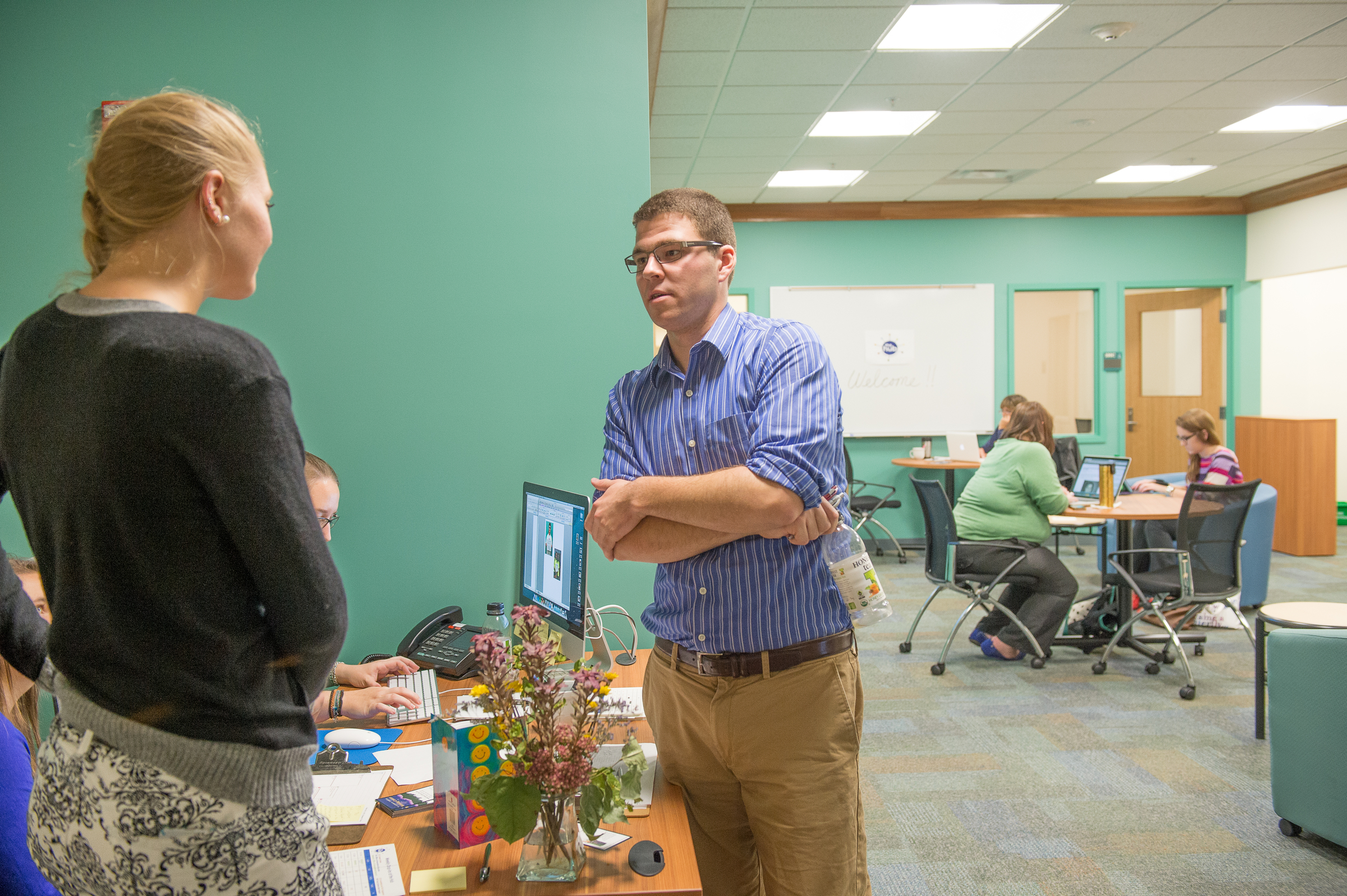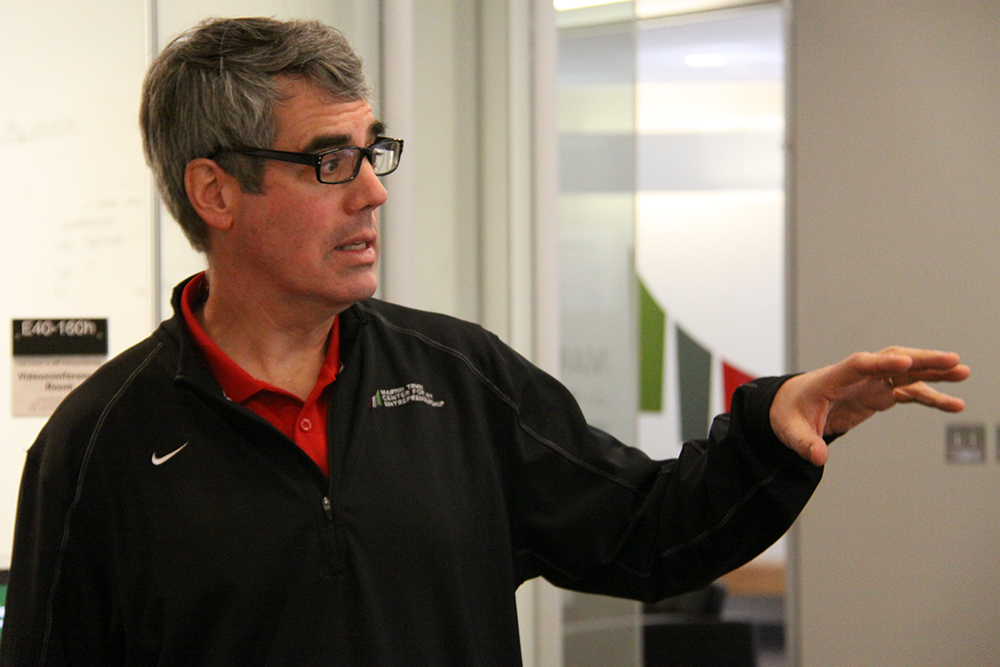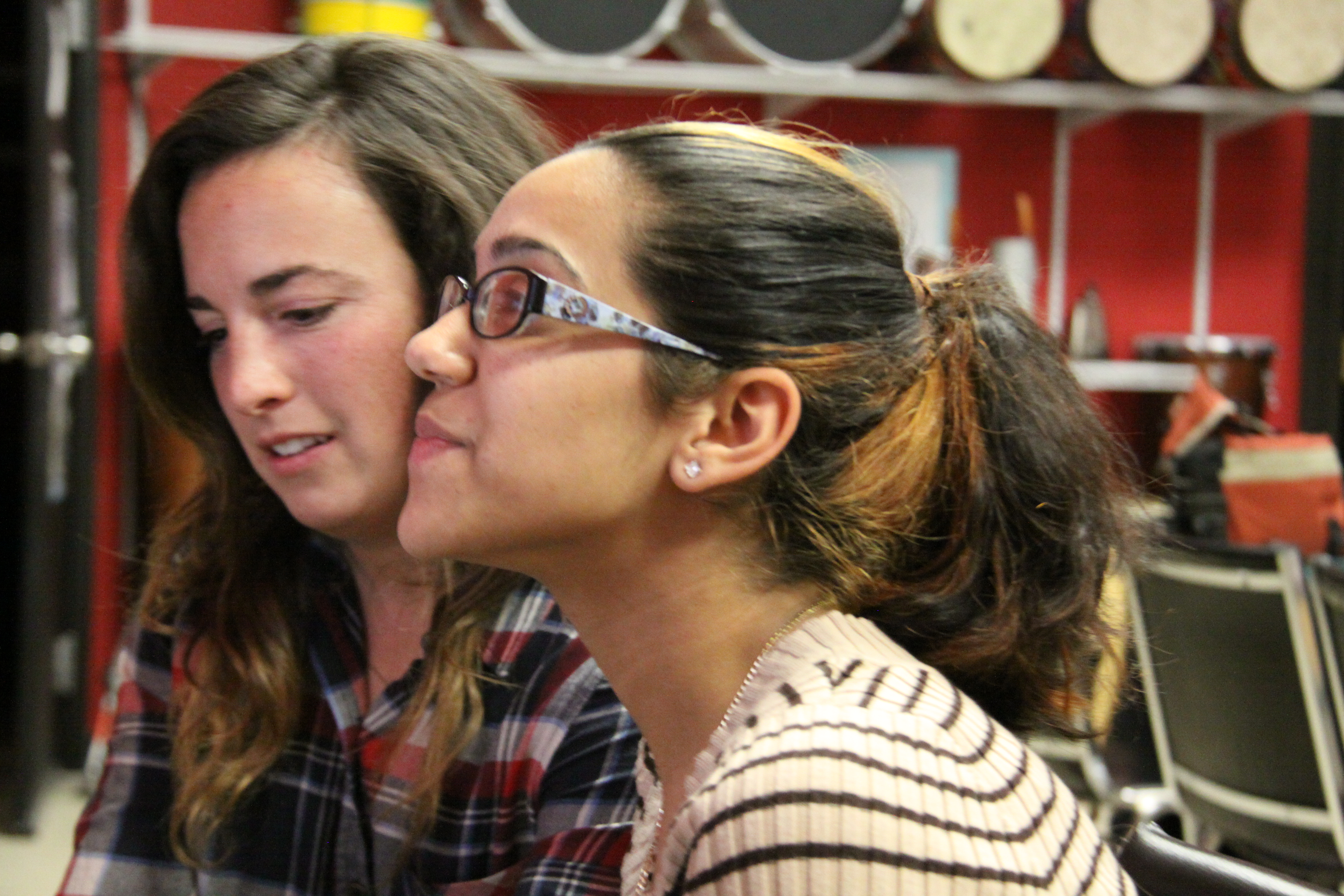higher ed
 It’s the perennial question that college seniors get around this time of year as they count down the days to graduation: “Do you know what you’re going to do yet?”
It’s the perennial question that college seniors get around this time of year as they count down the days to graduation: “Do you know what you’re going to do yet?”
While some students may be all set with a job, others are at a loss.
As more people question the value and cost of higher education, and President Barack Obama calls for a federal college-rating system that would measure job and income-related outcomes, many colleges and universities are responding to the pressure by beefing up their career centers.
 More and more we are seeing articles in the media asking: “Is college worth it?” The question at one time might have seemed silly; most economists and higher education experts argue that higher education is still worth it. But the affordability crisis facing American colleges and universities may soon change that assessment.
More and more we are seeing articles in the media asking: “Is college worth it?” The question at one time might have seemed silly; most economists and higher education experts argue that higher education is still worth it. But the affordability crisis facing American colleges and universities may soon change that assessment.
 Educators estimate nearly 25 percent of college students want to be entrepreneurs. That's why more programs that teach entrepreneurship have emerged in academia.
Educators estimate nearly 25 percent of college students want to be entrepreneurs. That's why more programs that teach entrepreneurship have emerged in academia.
But can it be taught? Most people don't spring out of the ground fully formed as a savvy entrepreneur, so a main challenge is teaching people how to become one — or become a better one.
Listen to Kirk's extended interview with MIT's Bill Aulet on WGBH's The Takeaway:
Wisconsin's Northland College is the latest liberal arts school promising to freeze its tuition. The Associated Press reports freshmen at Northland won't pay more than $30,450 in tuition during their years on the Ashland campus. Responding to the public's outcry over the cost of college, more and more schools are pledging fixed-rate tuition.
Researchers from the National Student Clearinghouse find of the 2.4 million students who enrolled in the fall of 2007, 56 percent of them finished a degree or certificate within six years. That includes 43 percent of students who finished at the school where they started, and another 13 percent who transferred.
More private college presidents are millionaires. Forty-two private U.S. college presidents made more than a million dollars in 2011 – up from 36 in 2010, according to a new report from The Chronicle of Higher Education.

It's not very often the Queen of Jordan comes to Boston, but she was here last month to announce a new education partnership with Harvard and MIT's non-profit online learning initiative, edX.
The goal is develop a new platform called Edraak, which is designed to bring online courses to Arabic-speaking students.

America’s universities are still held in high regard, but doubts persist about the system’s ability to prepare students for success in today’s fast-changing, knowledge-based economy.
The number of college graduates is climbing but too slowly to meet the country's economic needs, according to economists. That's why some innovators want to fundamentally change the way institutes of higher learning award college credit.











